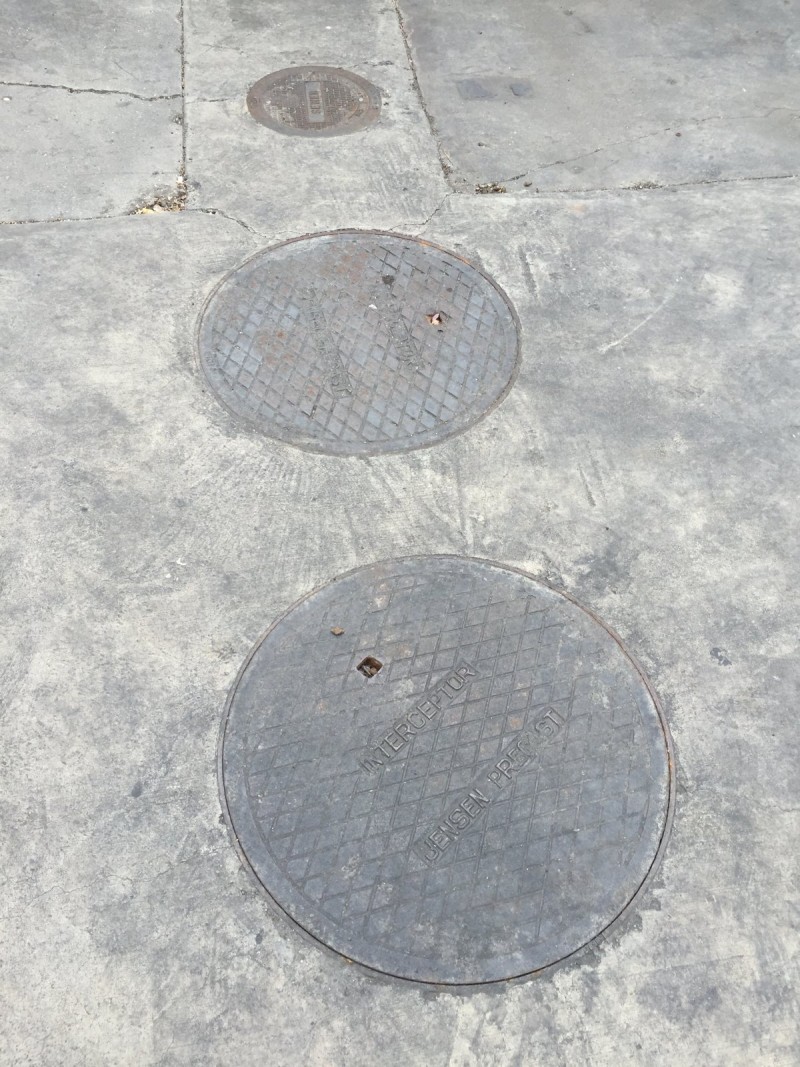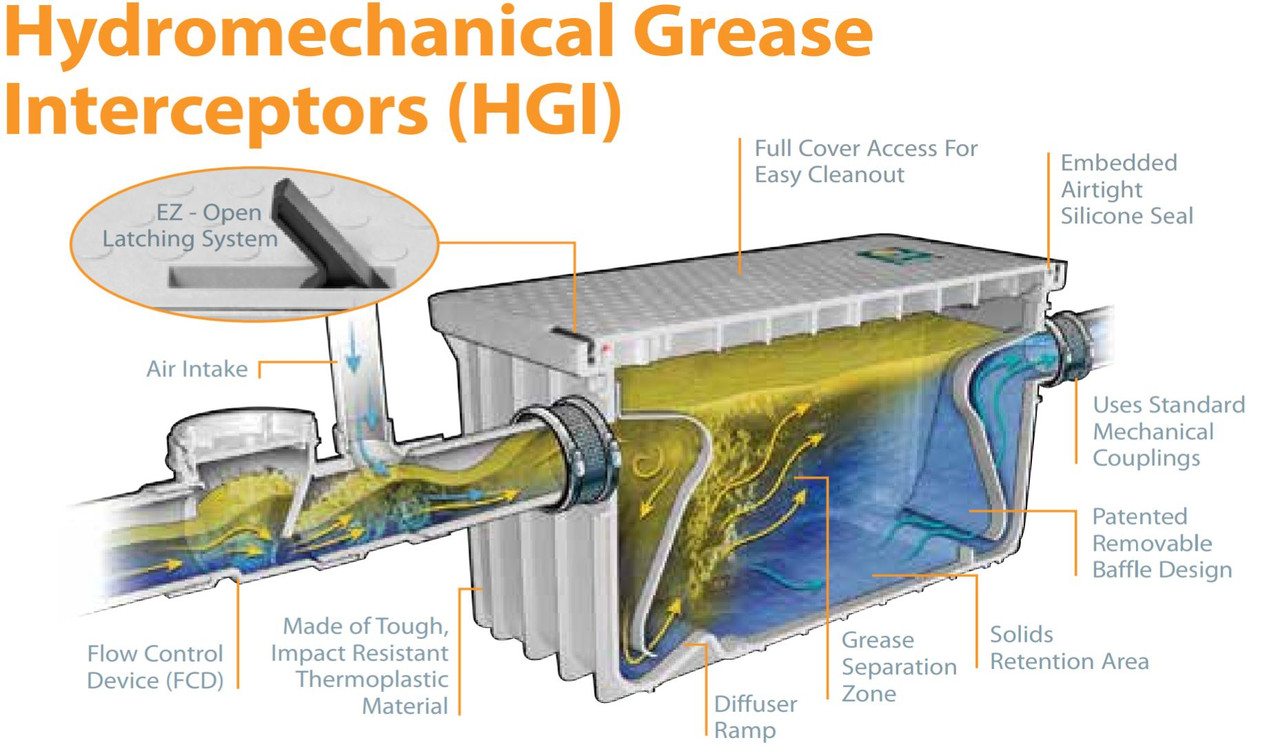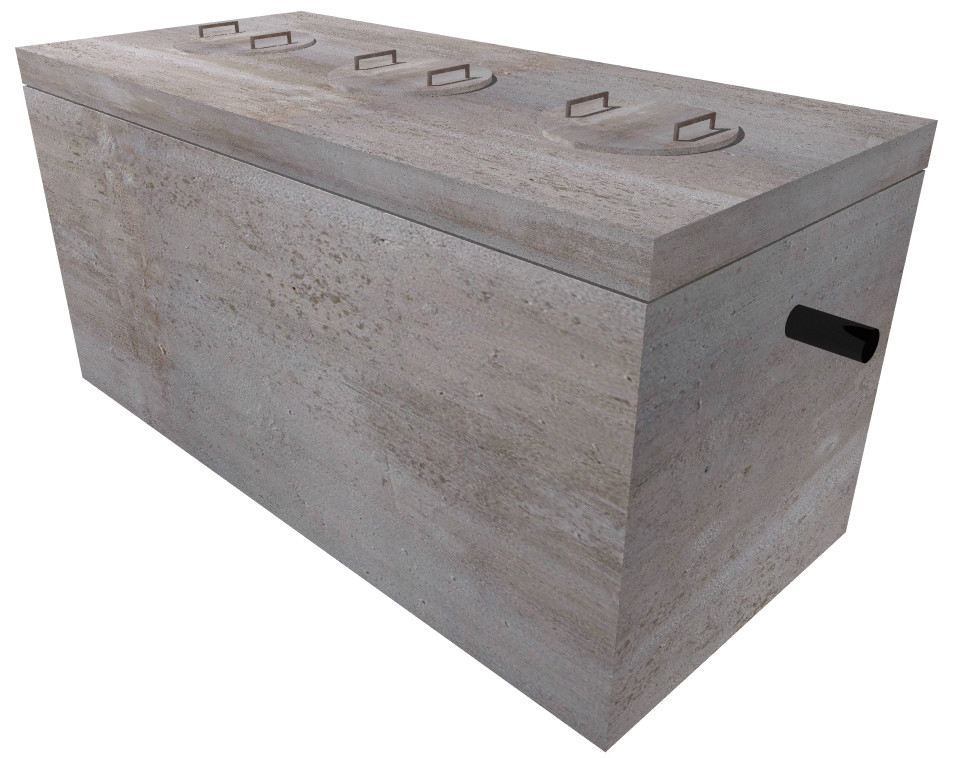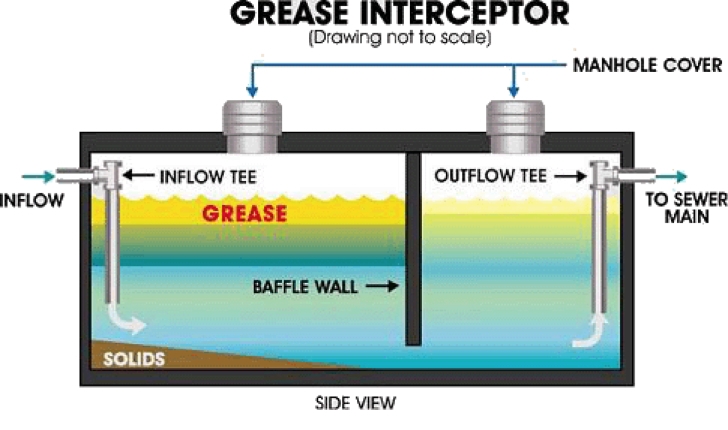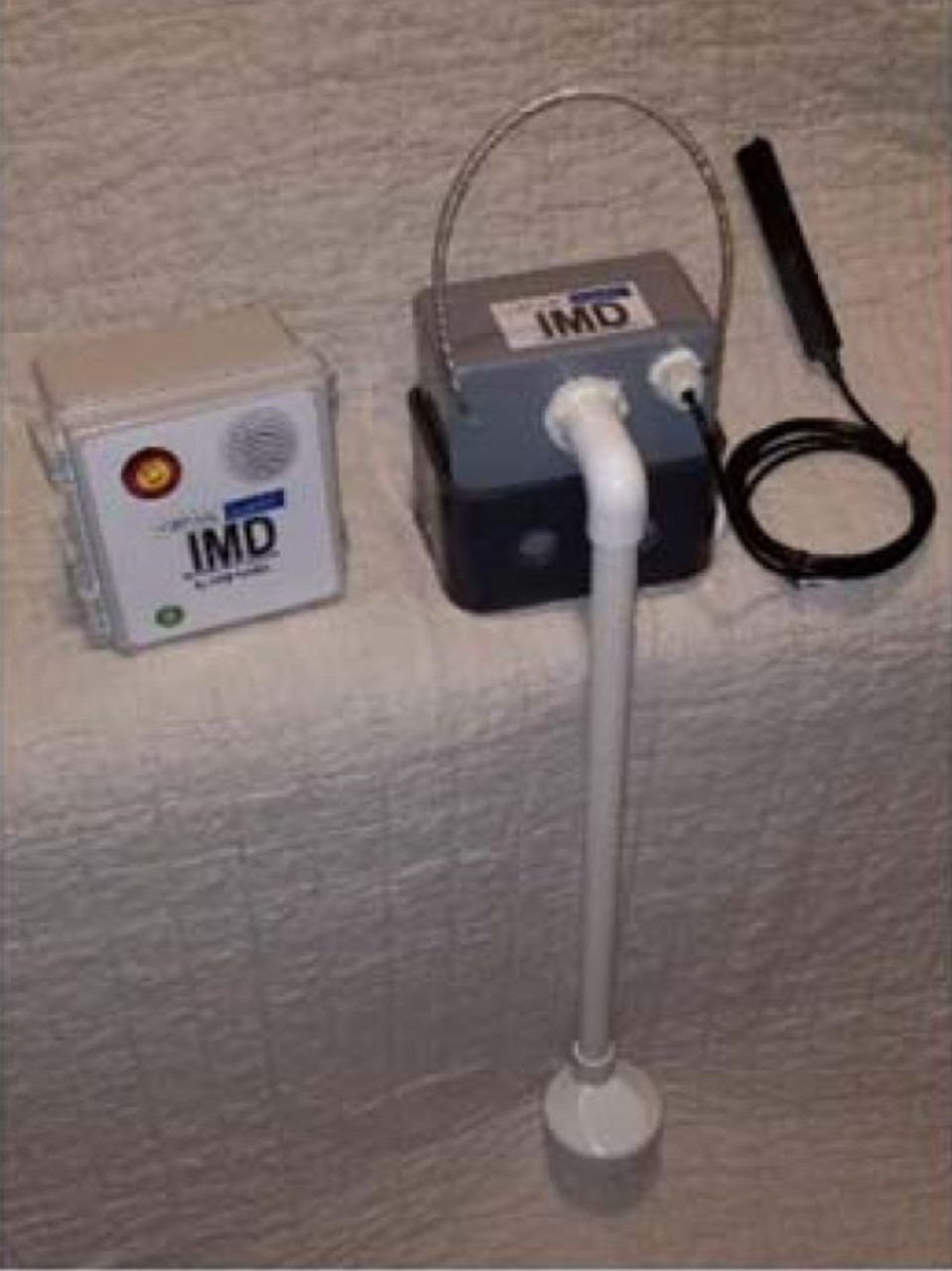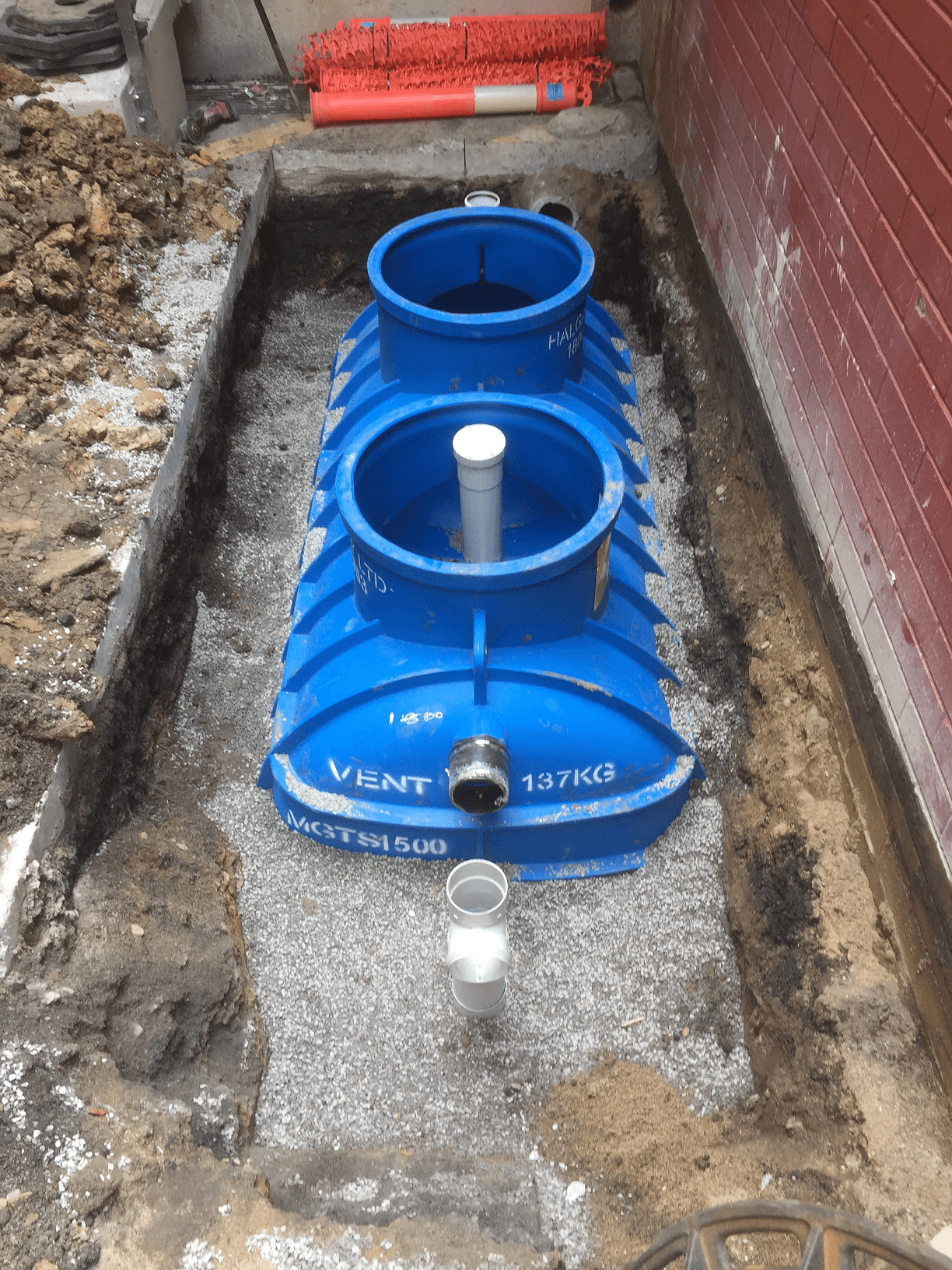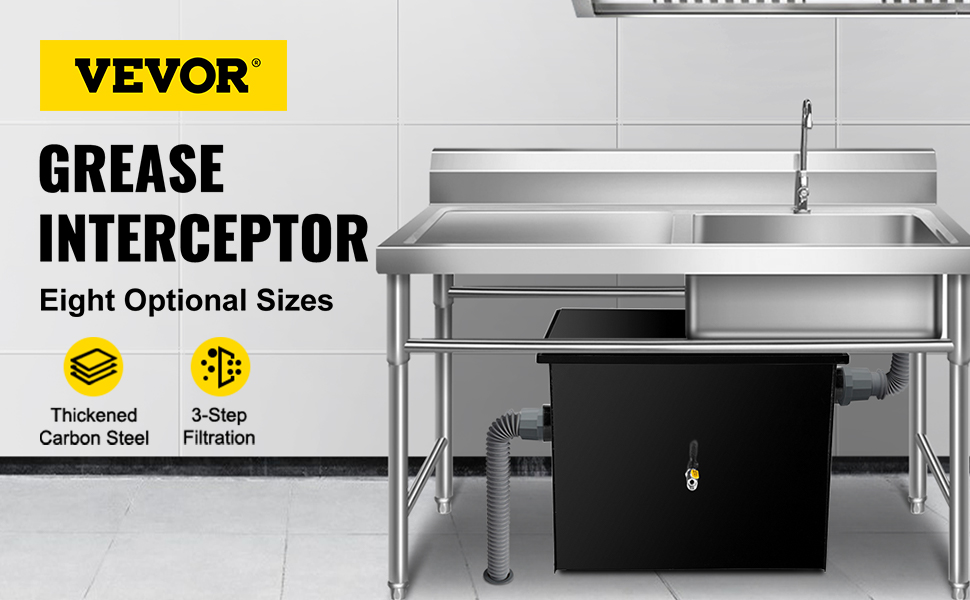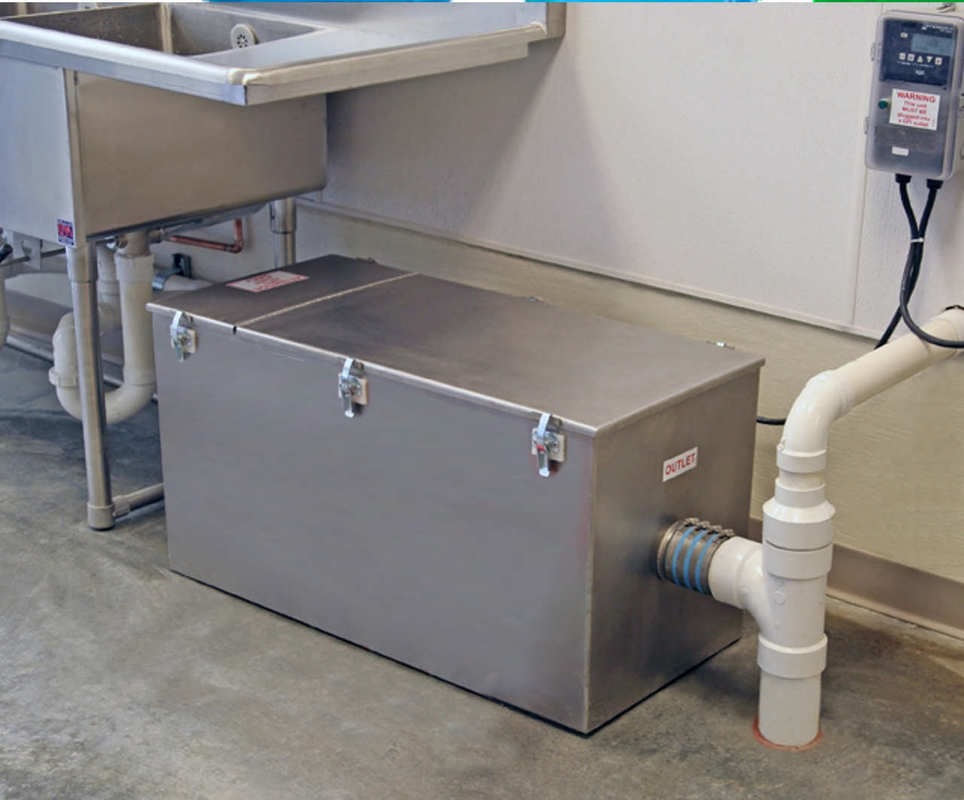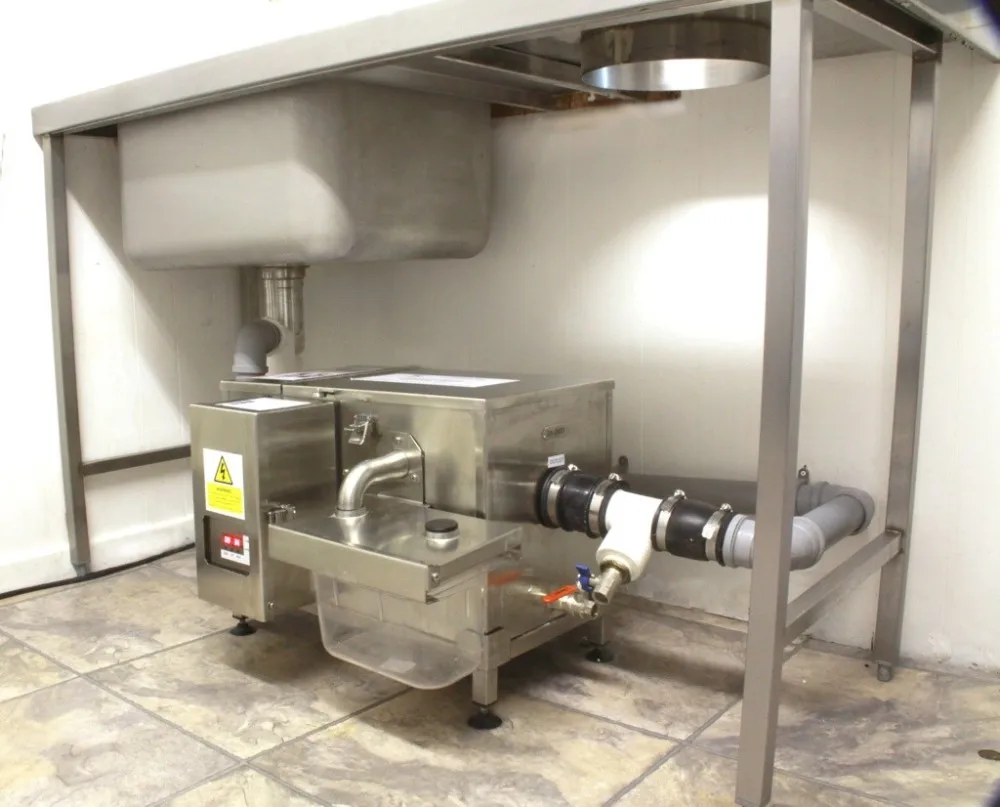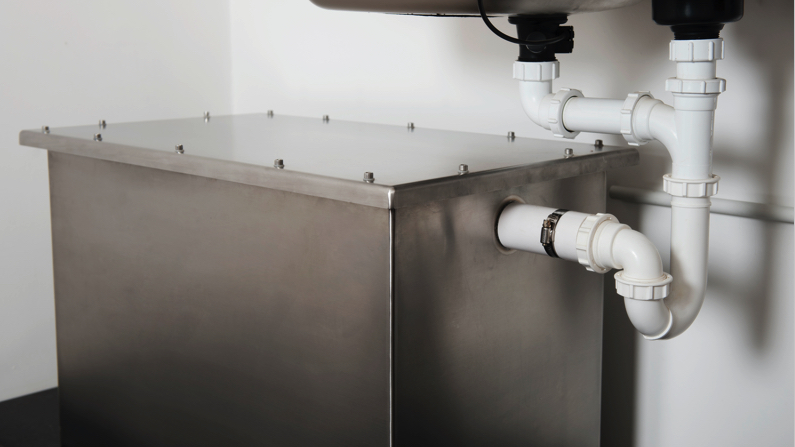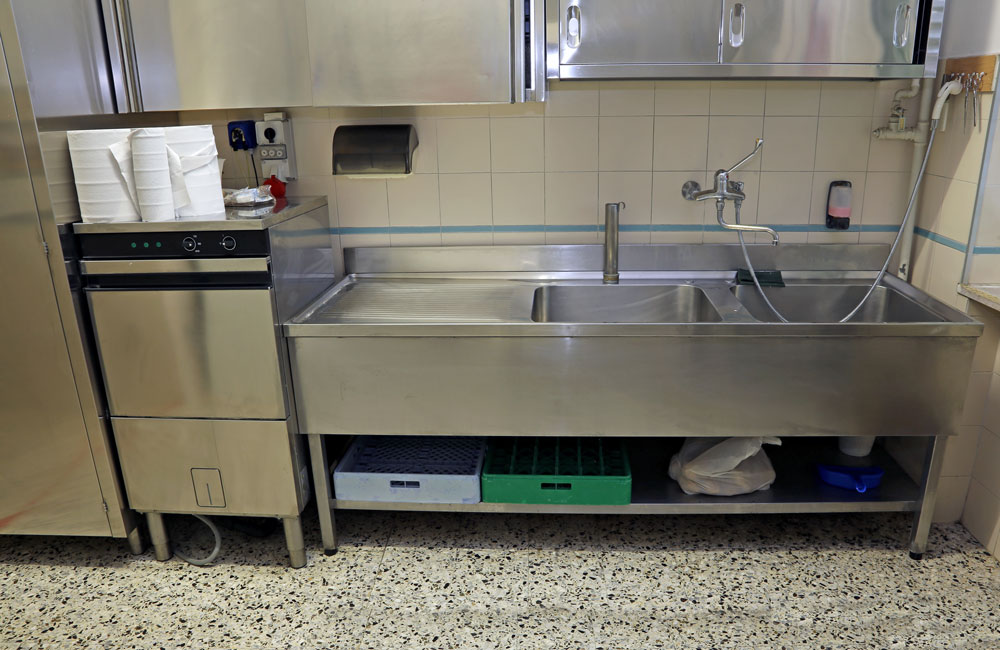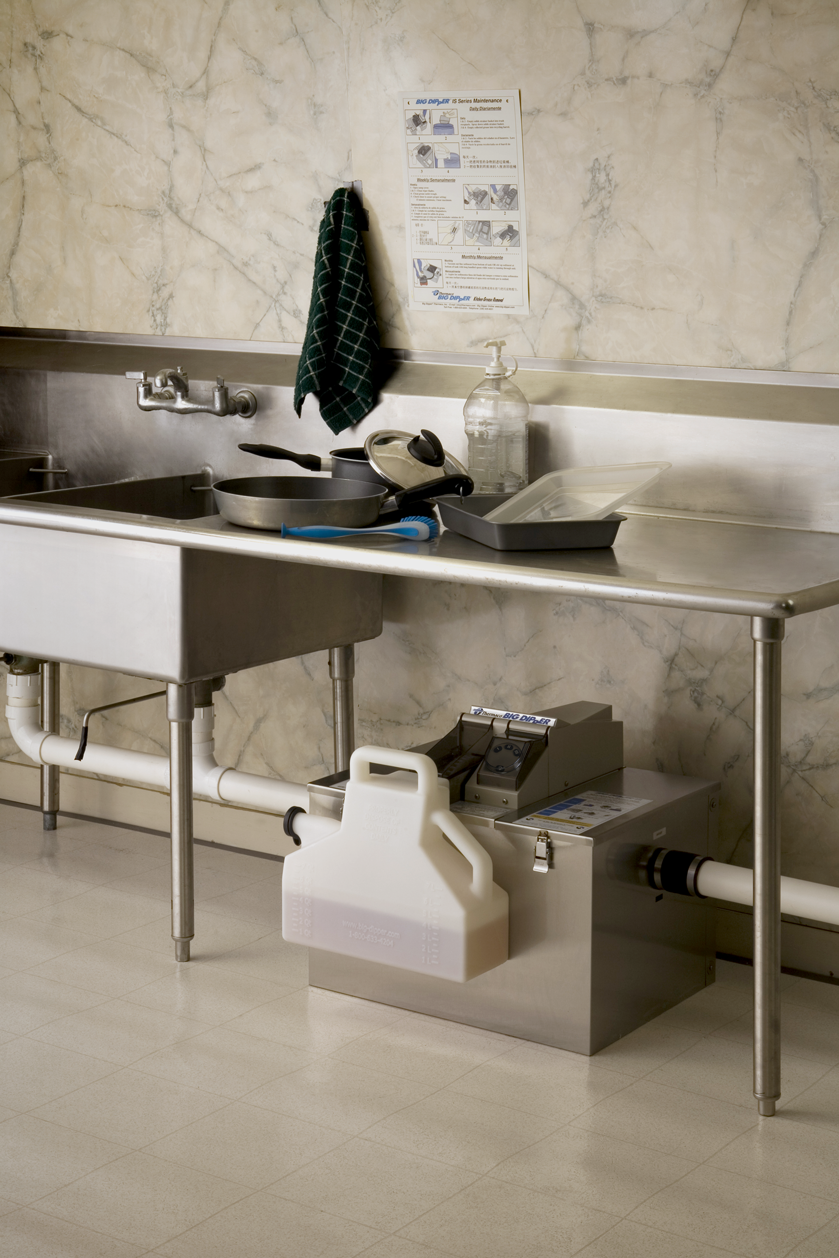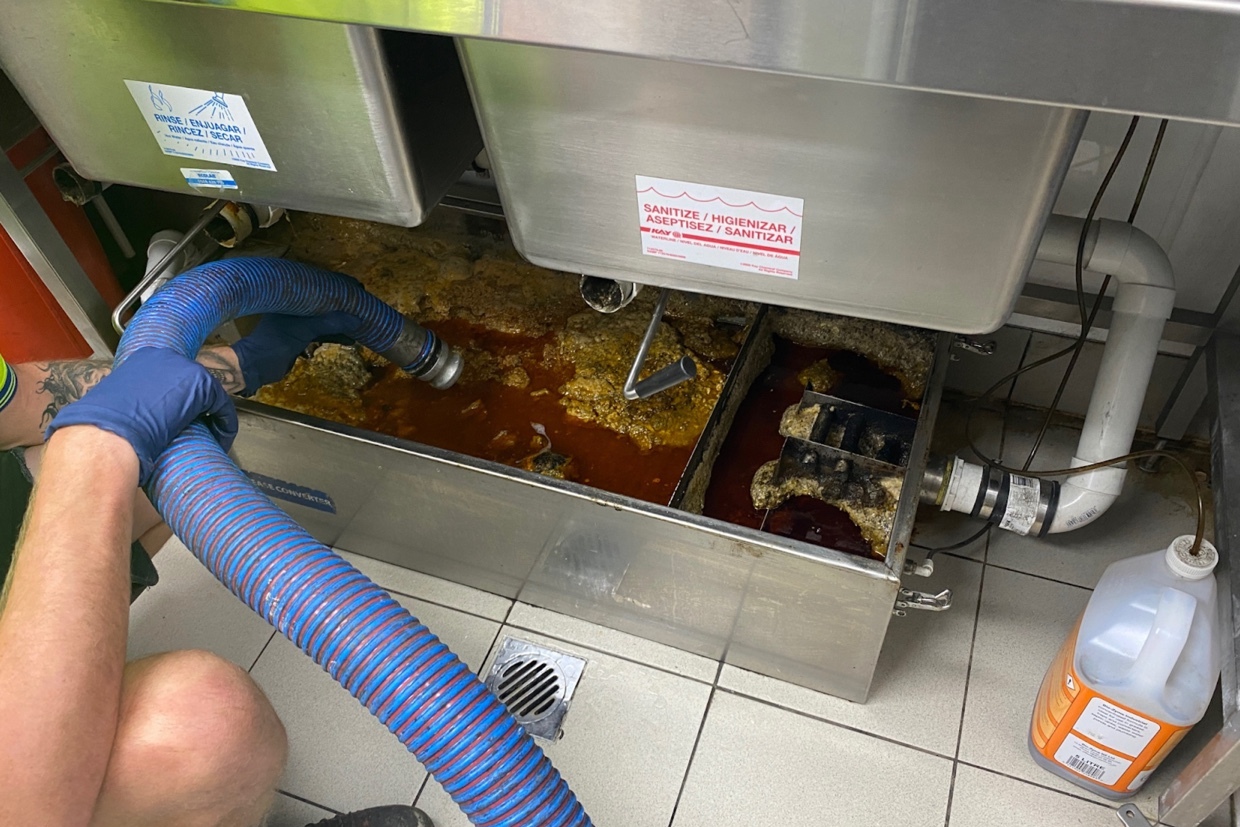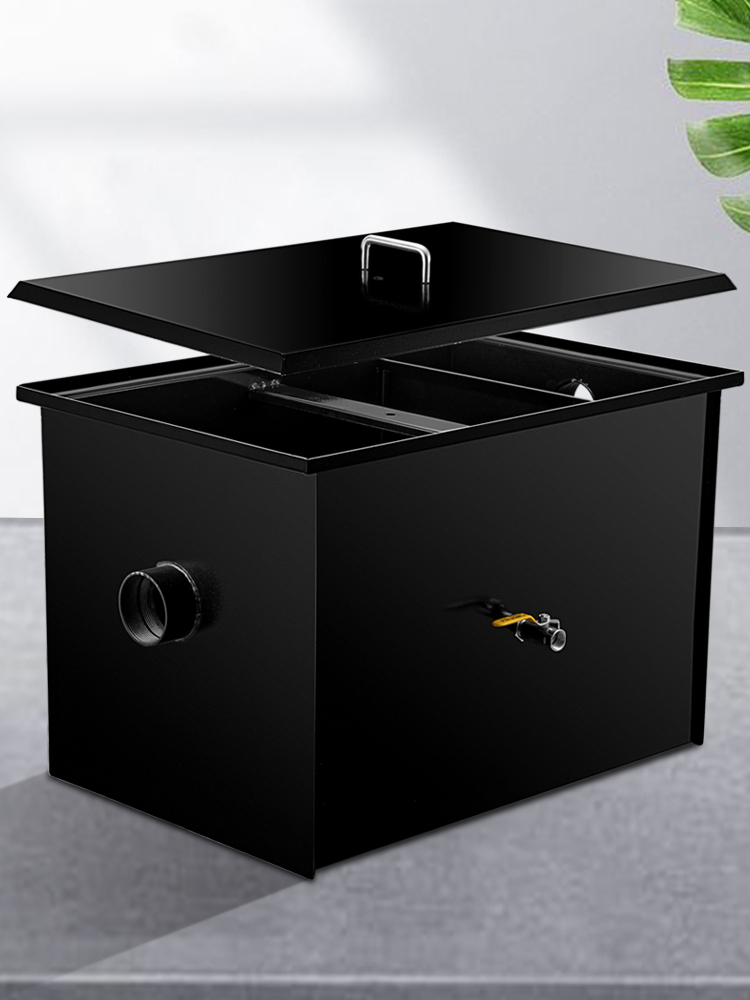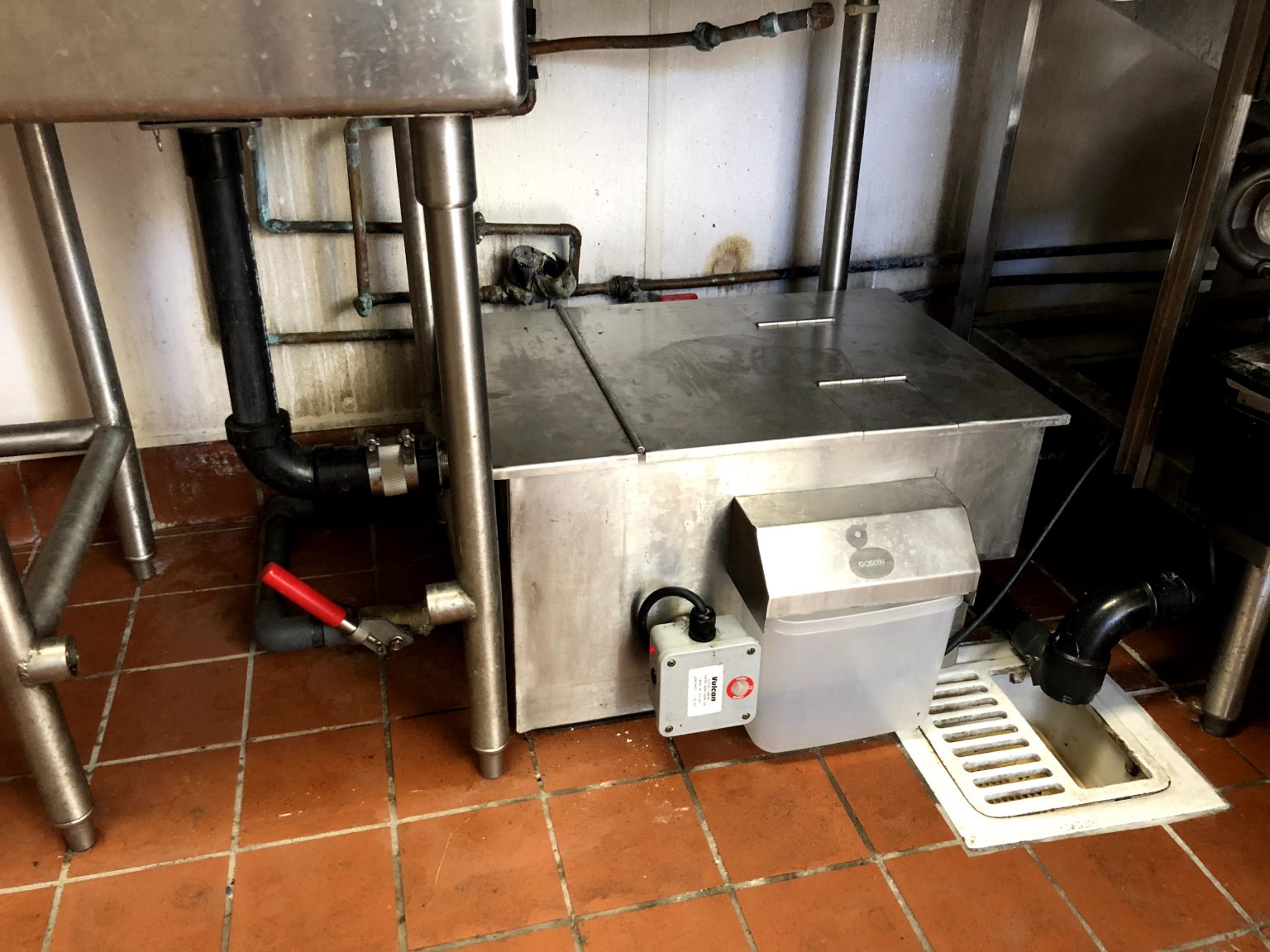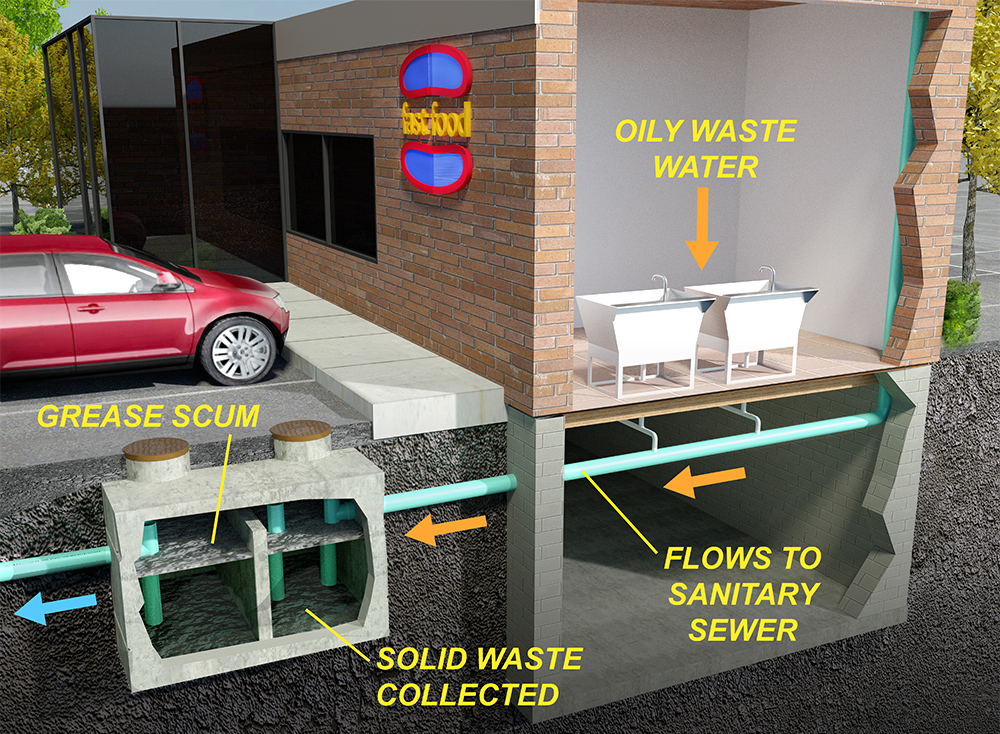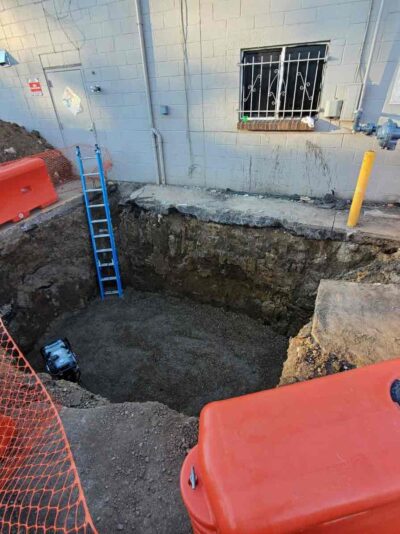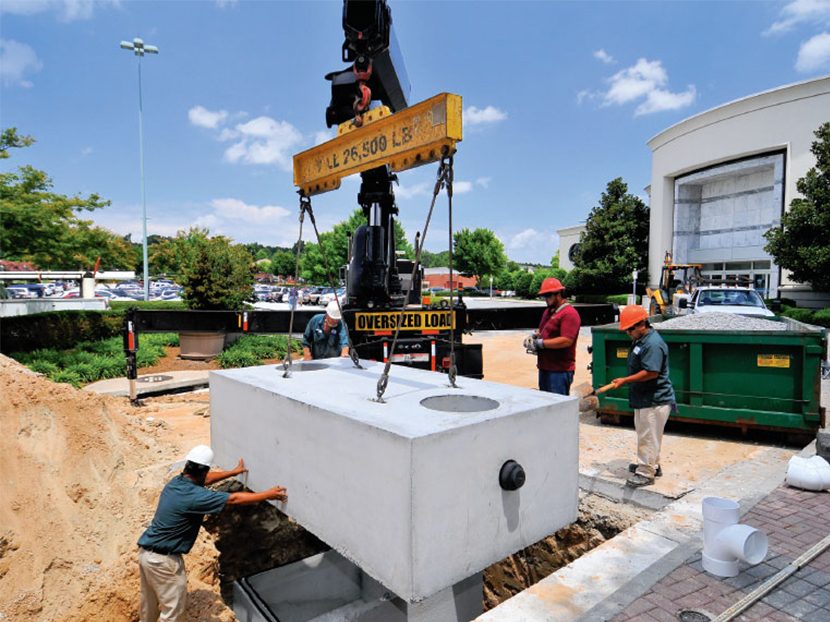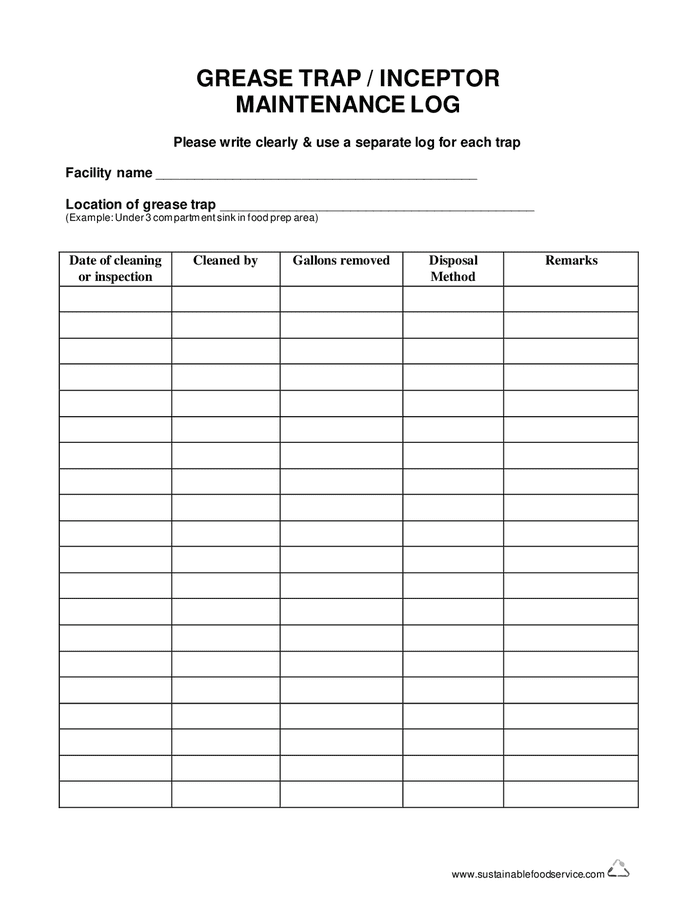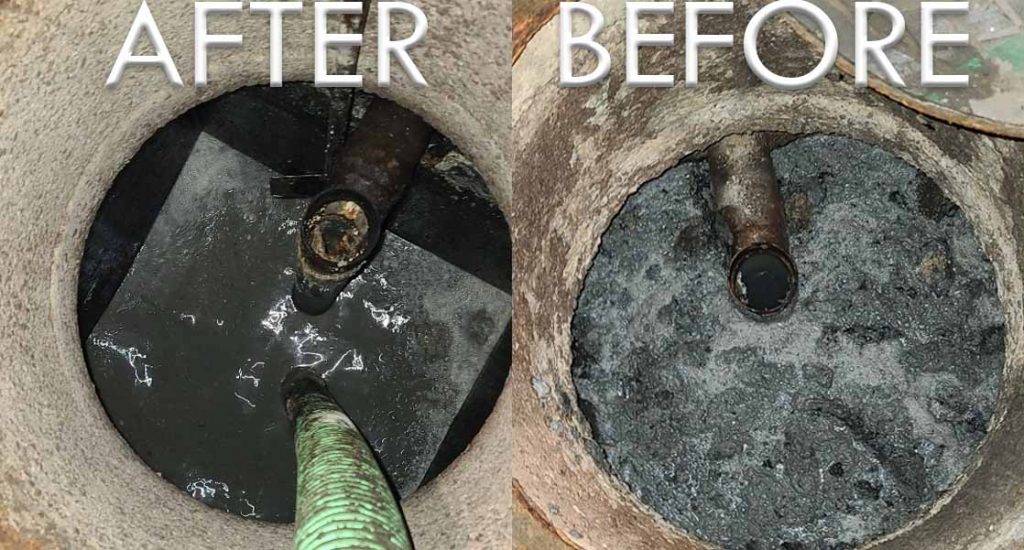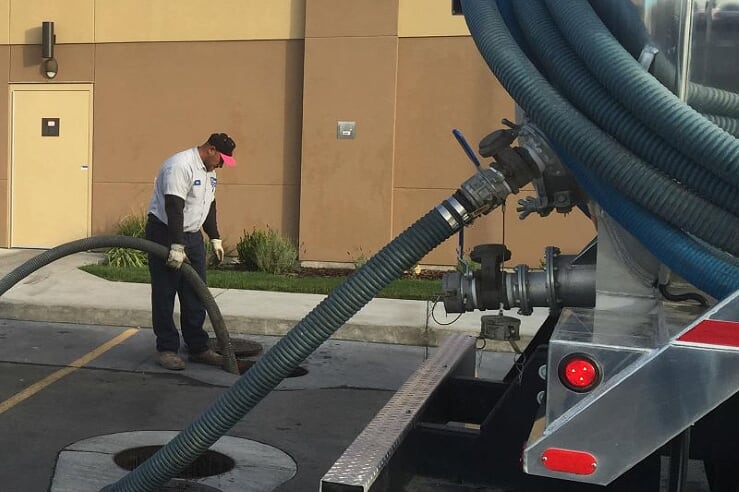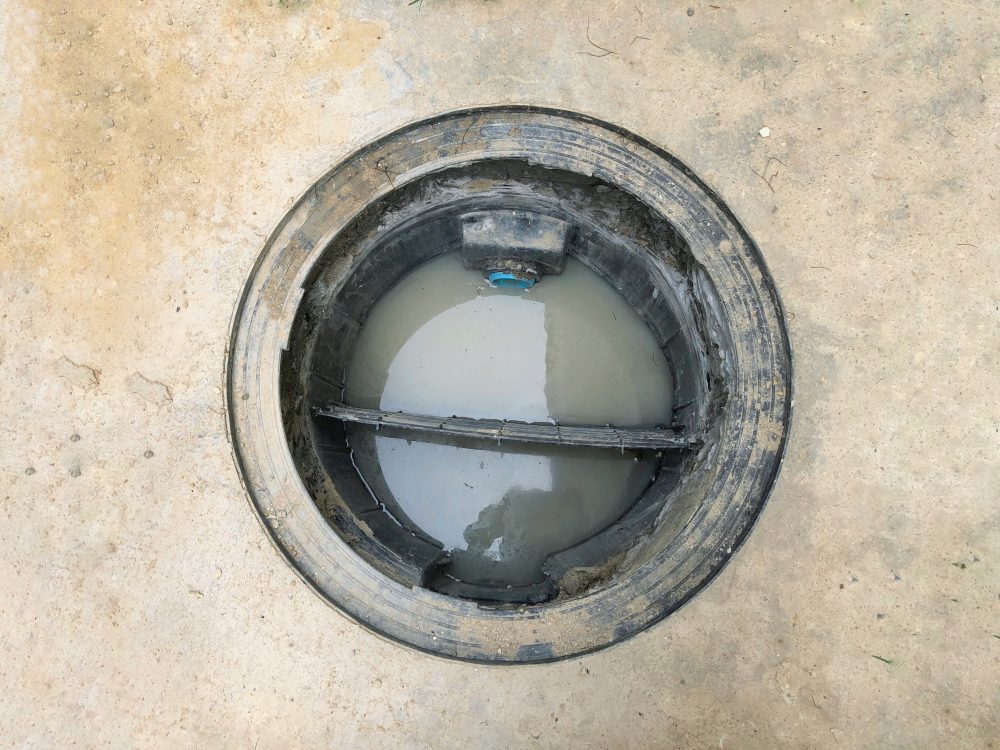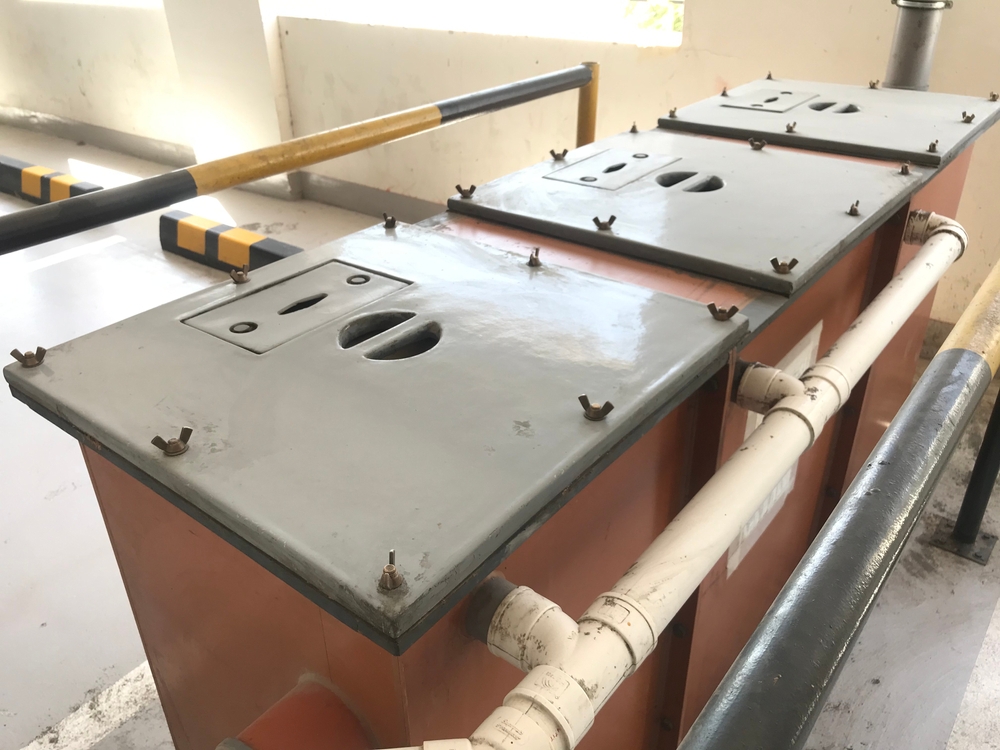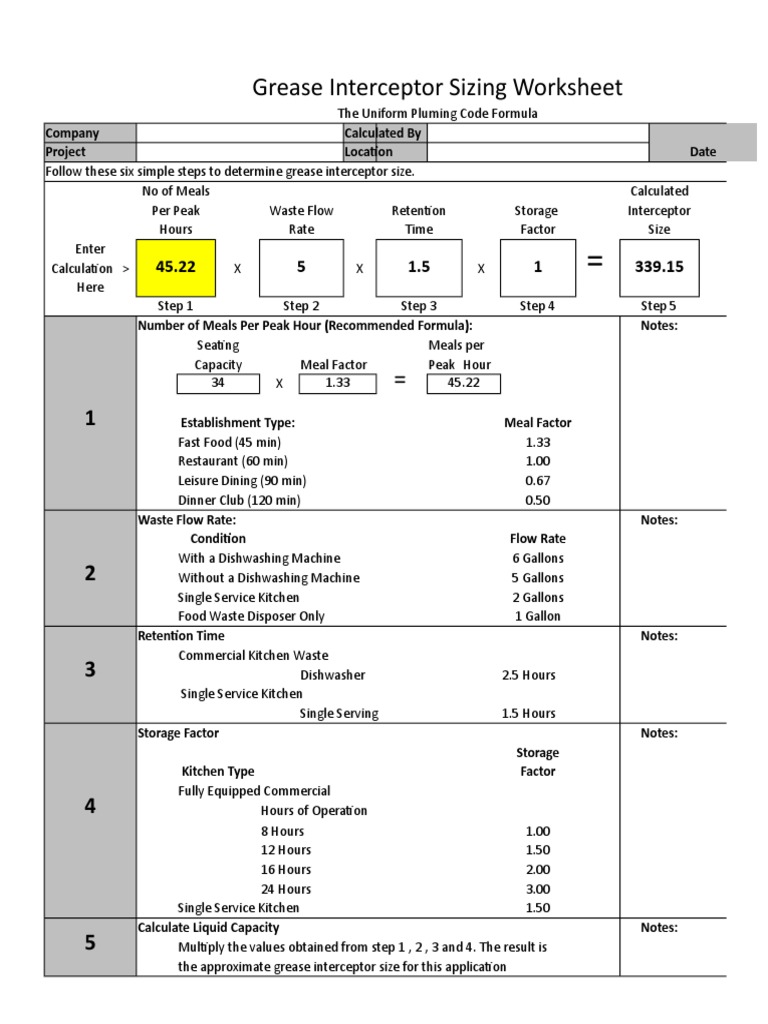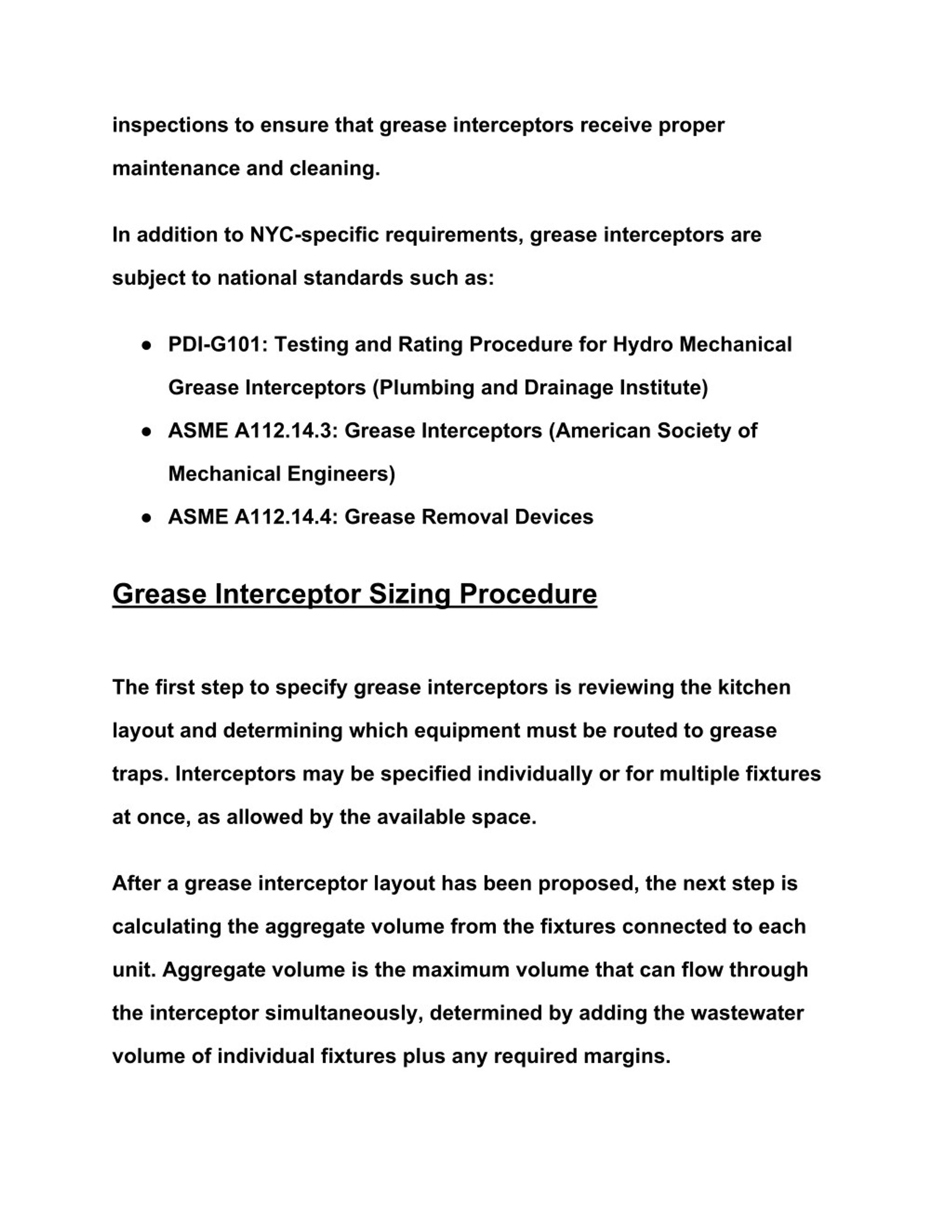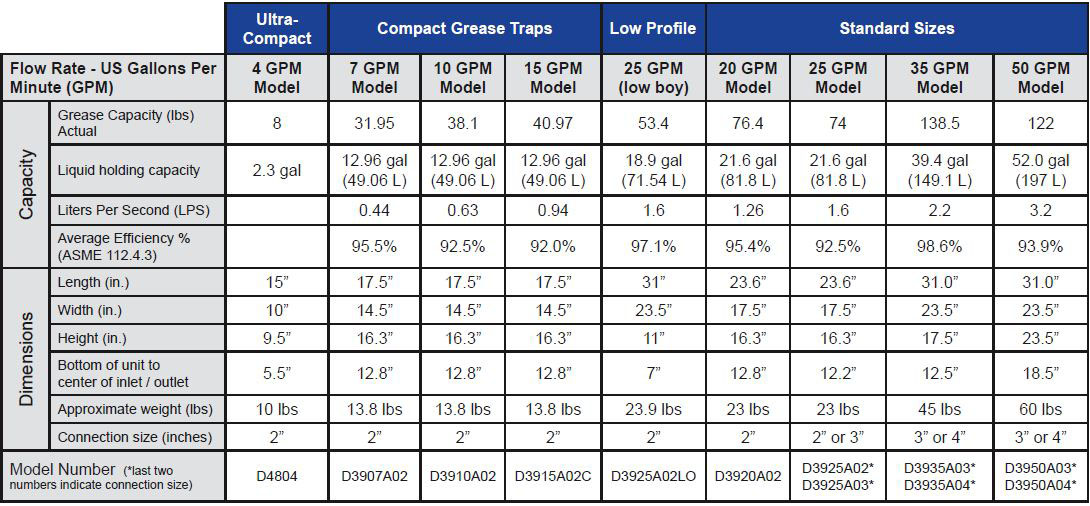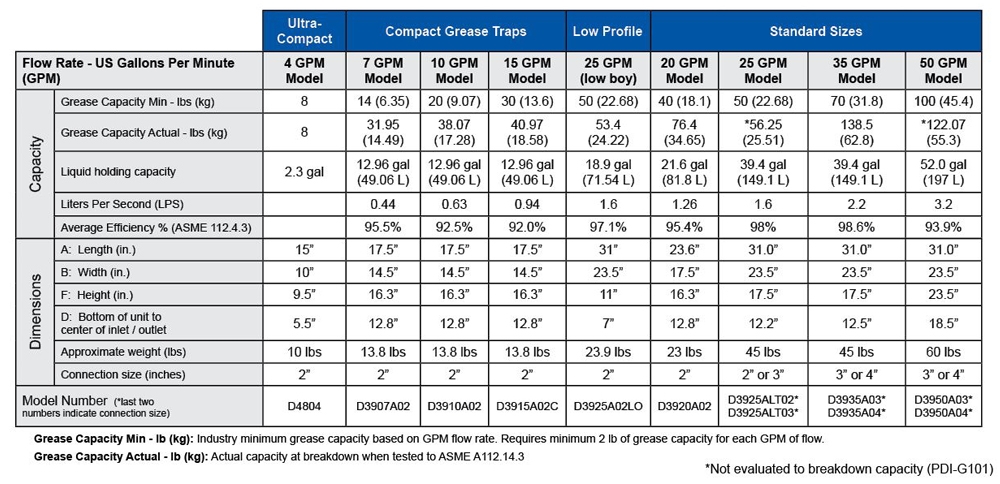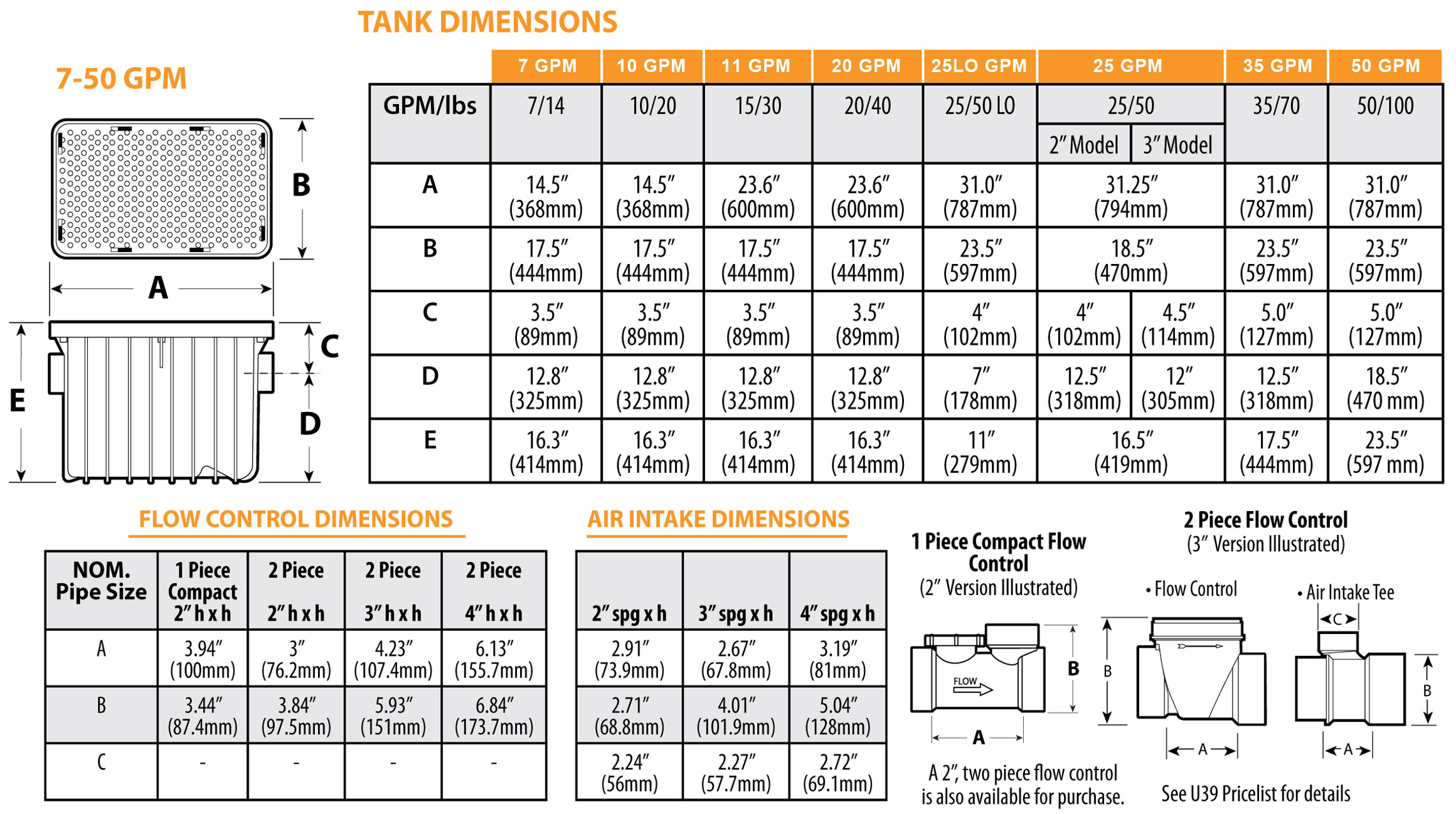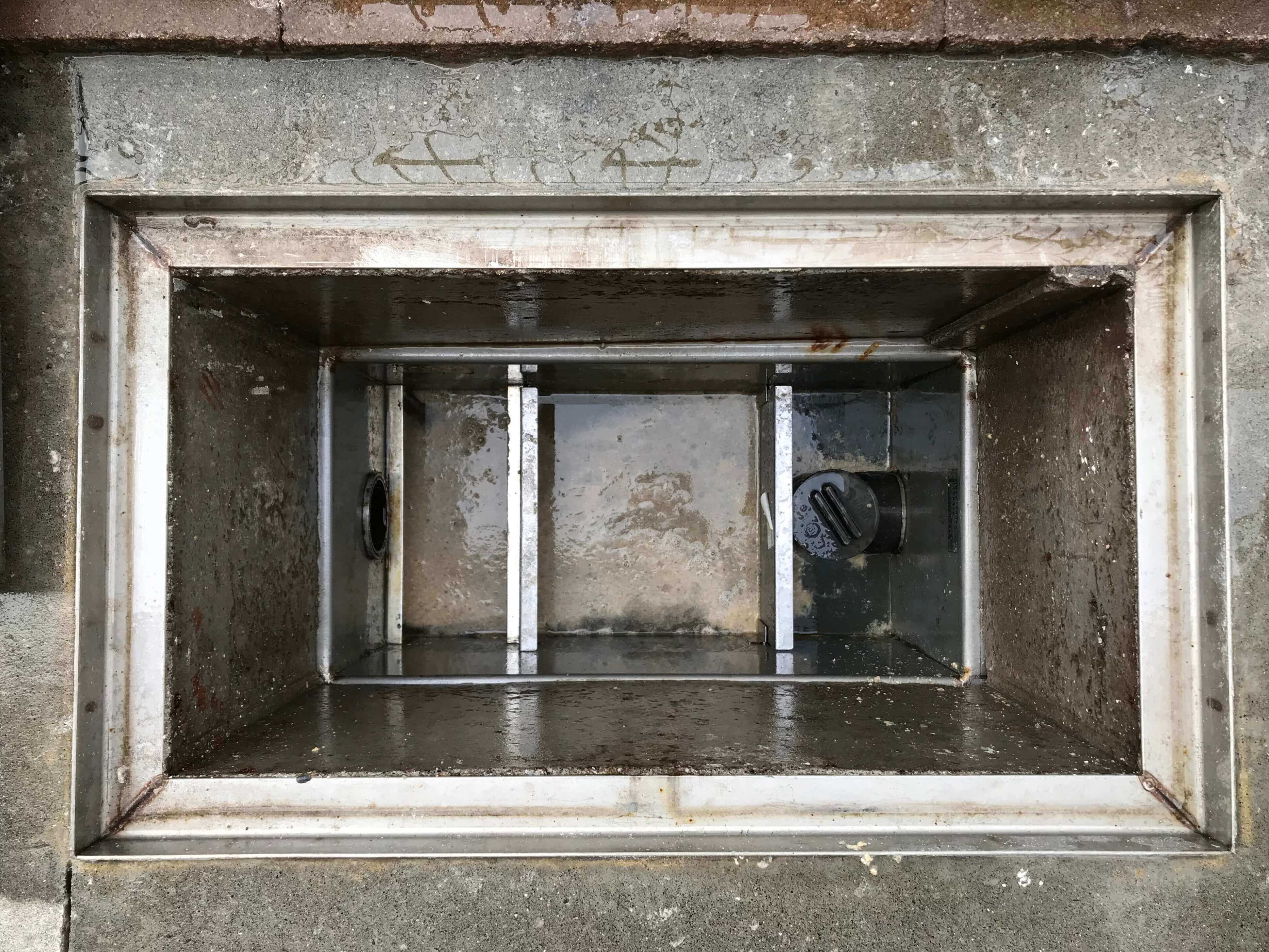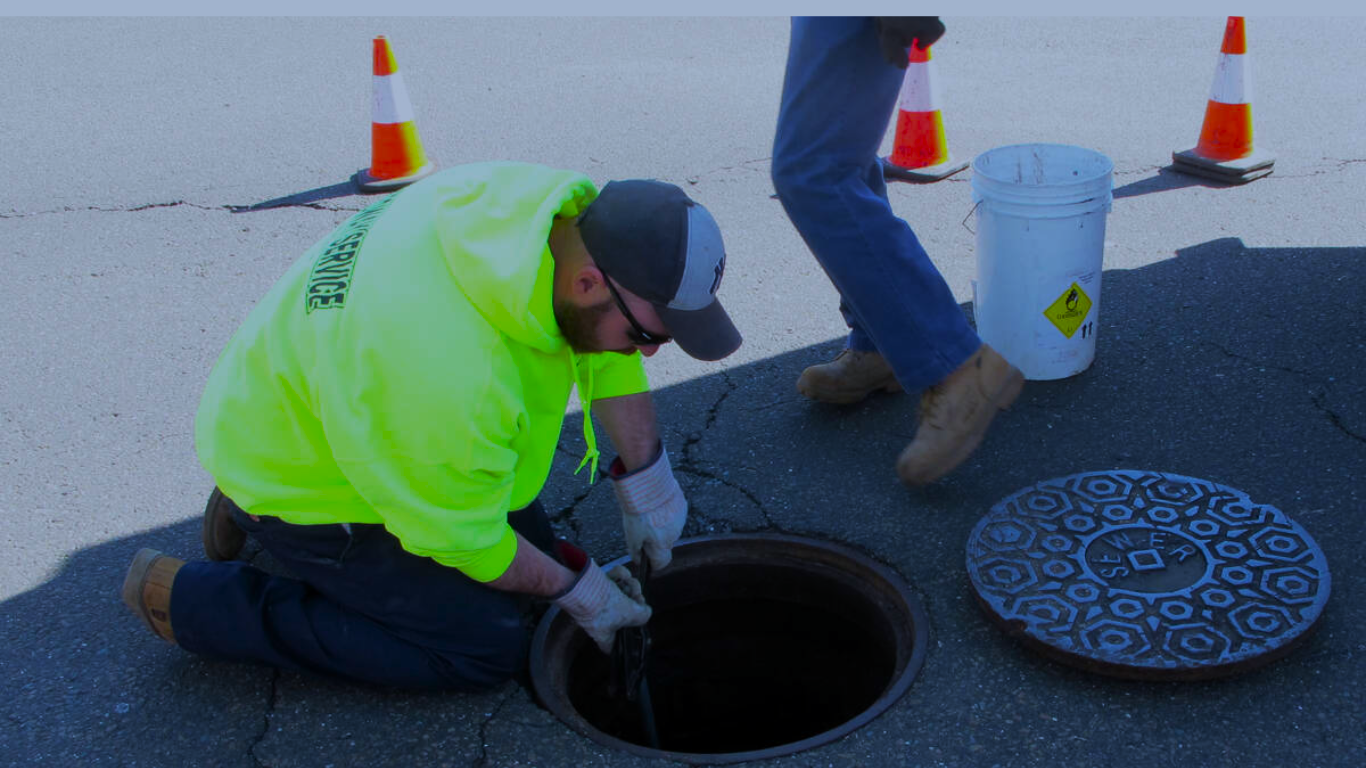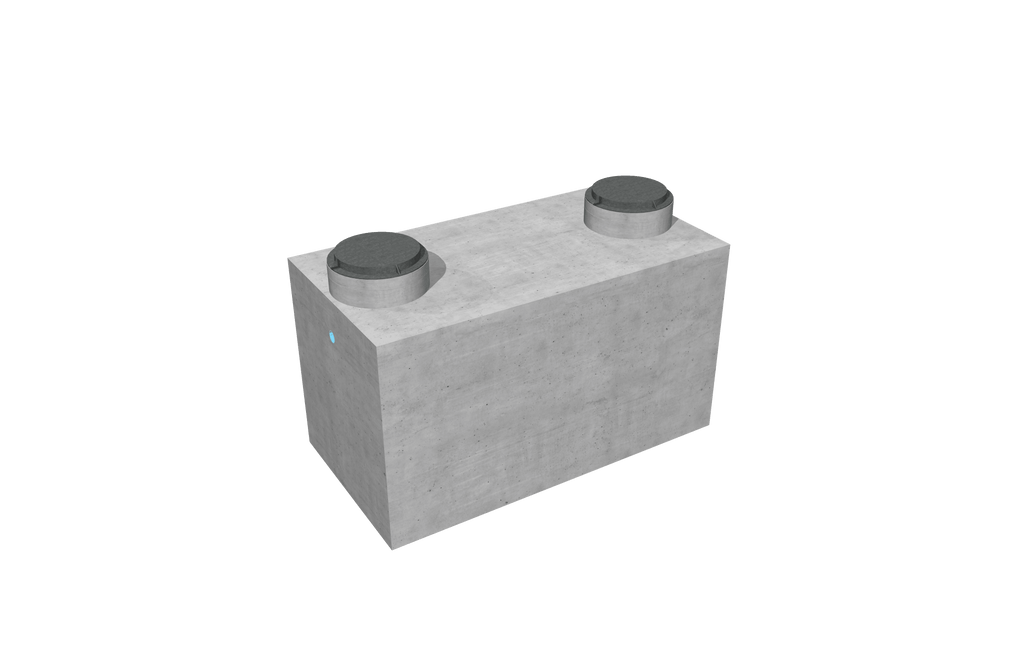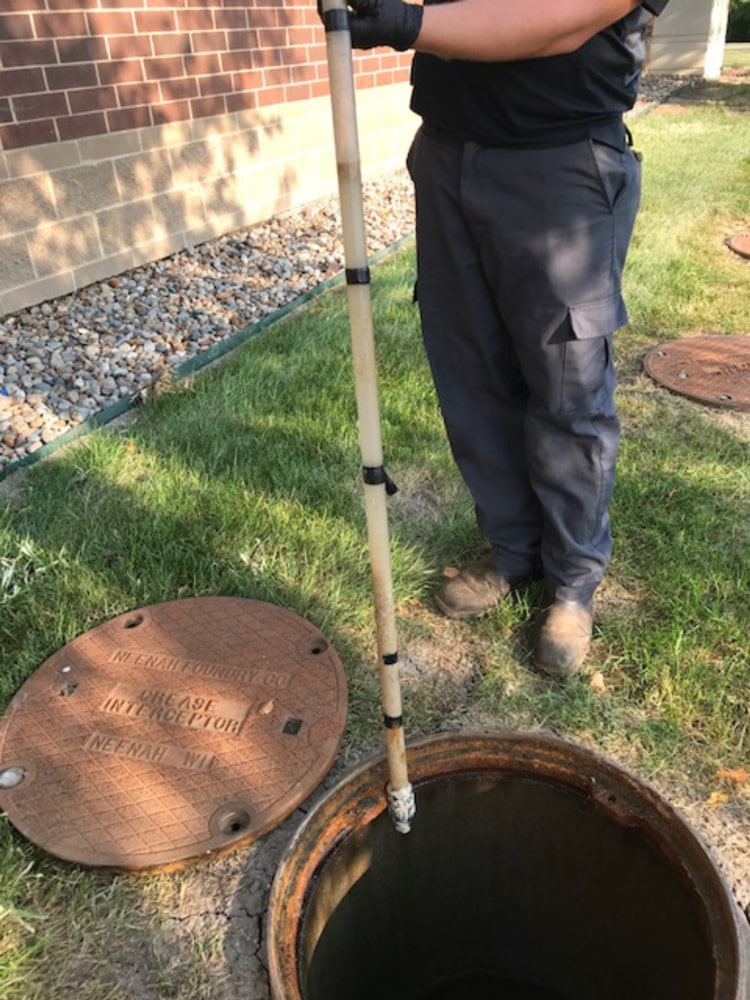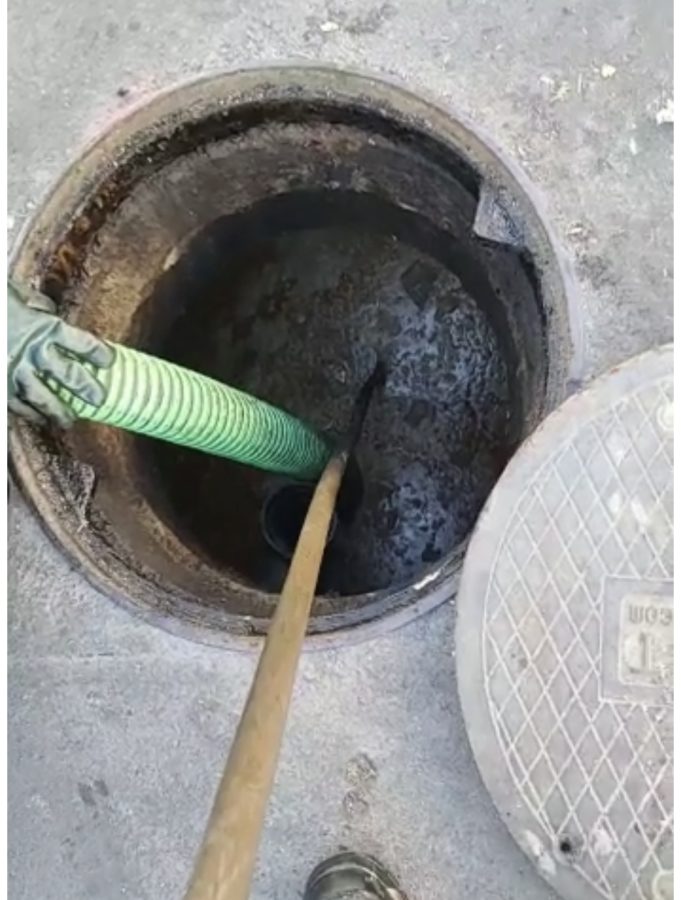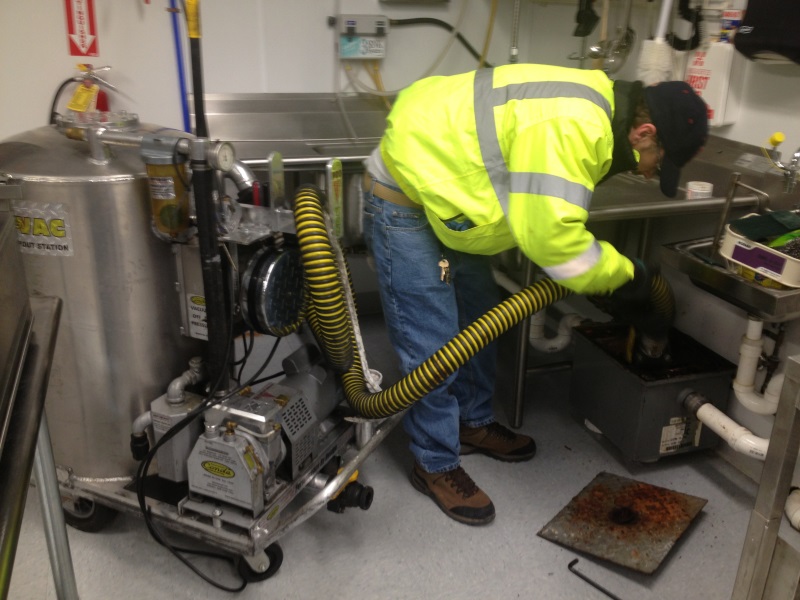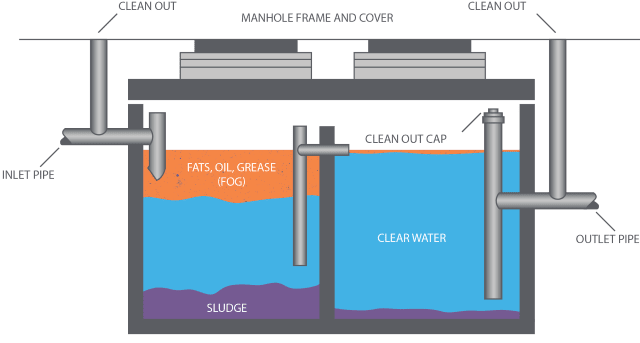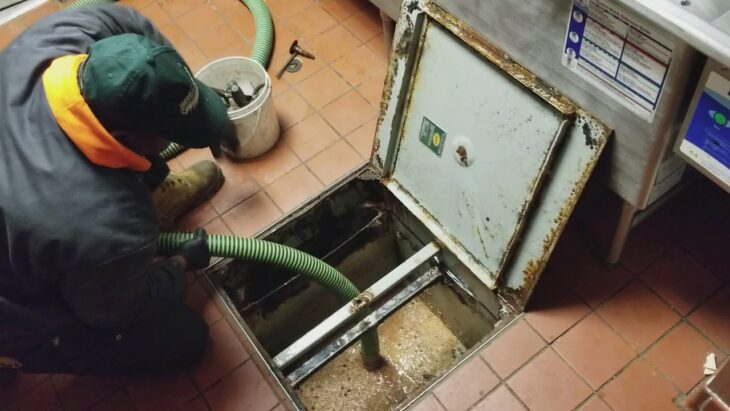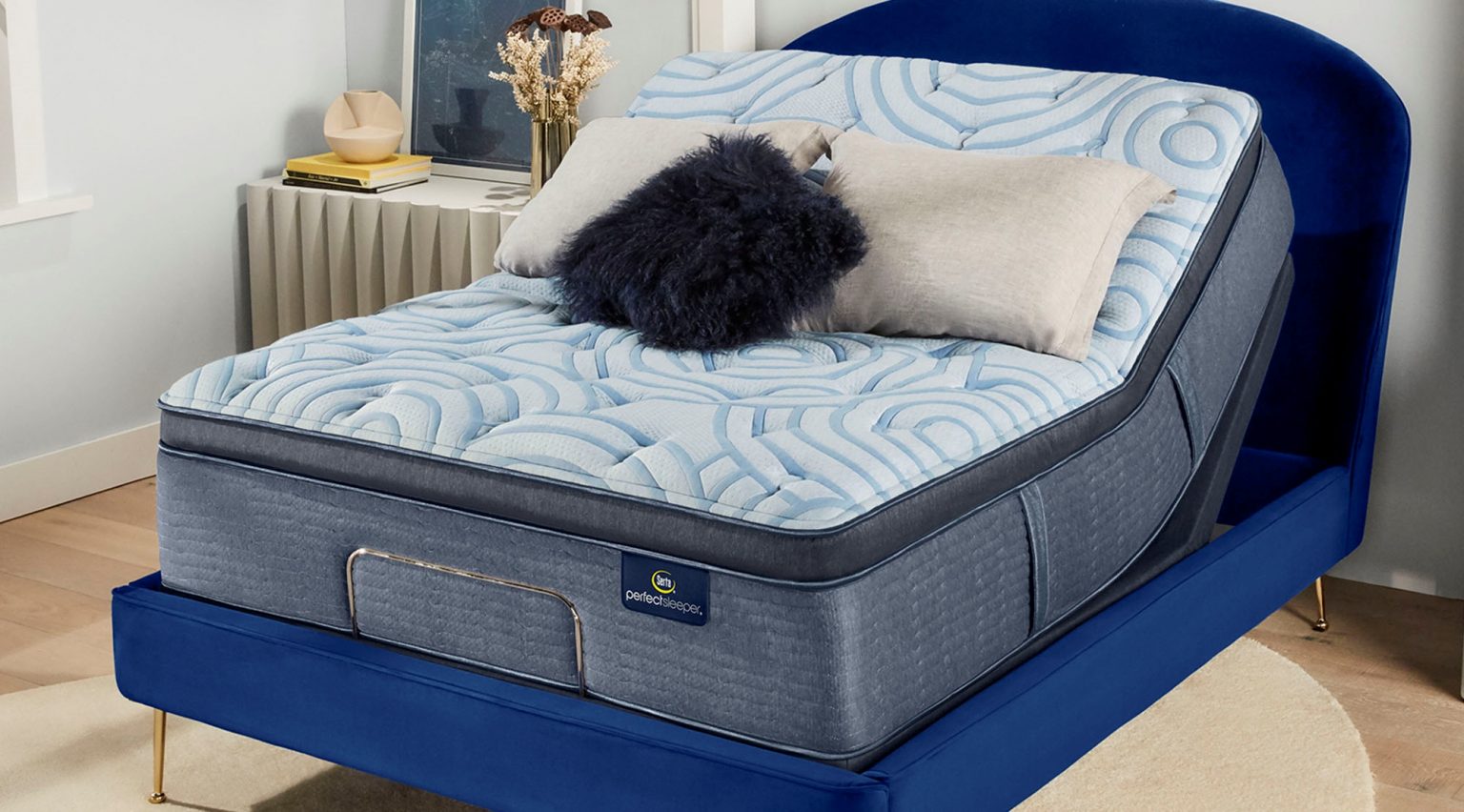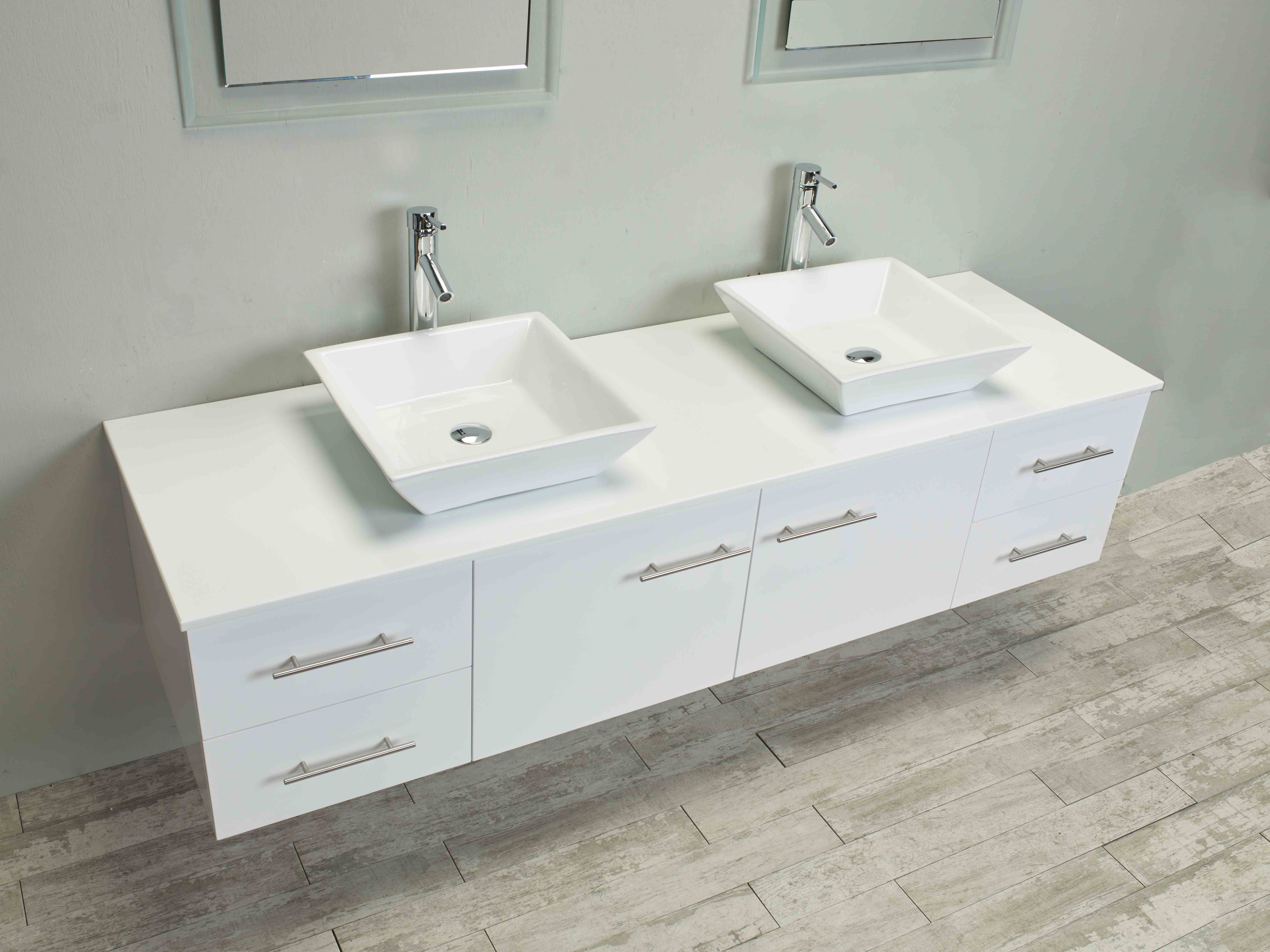Grease Interceptor: A Must-Have for Any Kitchen
When it comes to maintaining a clean and functional kitchen, one of the most important things to consider is the proper disposal of grease and oil. These substances, if not disposed of correctly, can cause major issues such as clogged pipes and foul odors. This is where a grease interceptor comes in.
What is a Grease Interceptor?
A grease interceptor, also known as a grease trap, is a plumbing device designed to collect and separate grease and oil from wastewater before it enters the sewer system. It works by slowing down the flow of water and allowing the grease and oil to rise to the top while the wastewater continues to flow through and out of the trap.
Grease Interceptor for Kitchen Sink: Why You Need One
If you own a kitchen or work in the food service industry, chances are you already have a grease interceptor installed. But if you don't, it's important to understand why it's necessary. Without a grease interceptor, the grease and oil from your kitchen sink will enter the sewer system and can cause major issues.
Kitchen Sink Grease Trap: How Does it Work?
A kitchen sink grease trap is typically installed under the sink and connected to the drainage pipe. As the wastewater from the sink flows into the trap, the grease and oil separate and float to the top. The clean water then exits the trap and enters the sewer system. The grease and oil are collected and can be disposed of properly.
Grease Interceptor for Commercial Kitchen: The Importance
In a commercial kitchen setting, where large amounts of grease and oil are being used and disposed of daily, a grease interceptor is even more crucial. Without one, the buildup of grease and oil in the pipes can lead to costly plumbing issues and even potential health code violations.
Grease Interceptor for Restaurant: Regulations and Requirements
In most areas, restaurants are required by law to have a grease interceptor installed. The size and type of grease interceptor needed may vary depending on the size of the restaurant and the amount of grease and oil being produced. It's important to check with local regulations and have a professional install the appropriate grease interceptor for your restaurant.
Grease Interceptor Installation: Leave it to the Professionals
Installing a grease interceptor is not a DIY project. It requires knowledge of plumbing and local regulations. A professional plumber will be able to properly size and install a grease interceptor to ensure it effectively traps grease and oil and complies with regulations.
Grease Interceptor Maintenance: Keep it Clean
Regular maintenance of your grease interceptor is essential to ensure it continues to function properly. This includes regularly cleaning out the collected grease and oil, as well as inspecting and repairing any damaged parts. Neglecting maintenance can lead to clogs and other issues.
Grease Interceptor Sizing: Finding the Right Fit
As mentioned before, the size of your grease interceptor will depend on the size of your kitchen and the amount of grease and oil being produced. It's important to have a professional assess and size your grease interceptor to ensure it can effectively handle the amount of grease and oil being produced.
Grease Interceptor Regulations: Staying Compliant
As mentioned before, regulations regarding grease interceptors may vary depending on location. It's important to stay up-to-date on these regulations and ensure your grease interceptor is compliant. Failure to comply can result in fines and other penalties.
The Importance of a Kitchen Sink Grease Interceptor in House Design

Why a Grease Interceptor is Essential
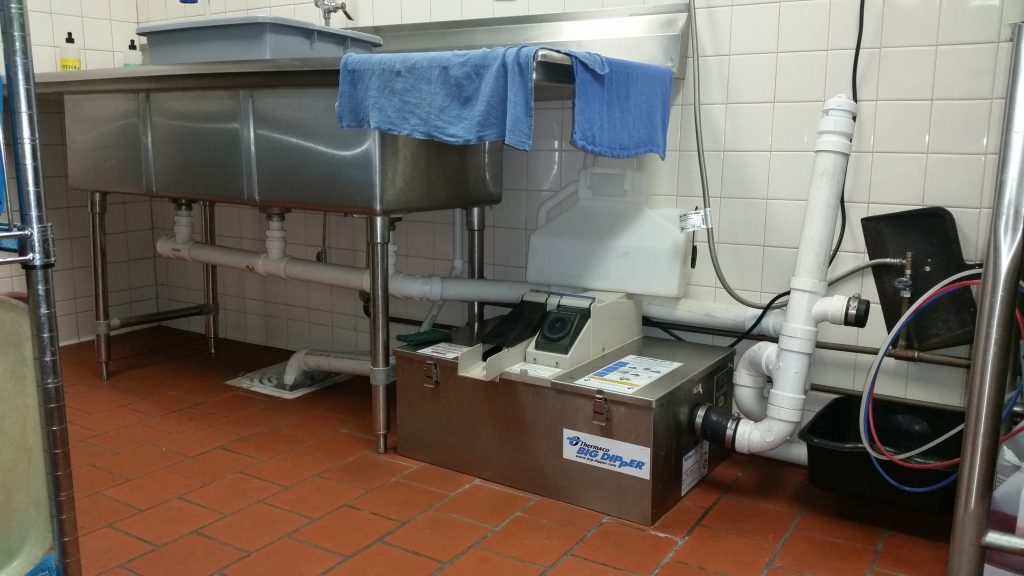 When designing a house, one of the most important factors to consider is the functionality of the kitchen. The kitchen is the heart of the home, and it is where meals are prepared and shared with loved ones. However, with the amount of cooking and cleaning that happens in the kitchen, it is no surprise that it can also be one of the messiest areas in the house. Grease, oil, and food scraps can easily clog up drains and cause unpleasant odors. This is where a
kitchen sink grease interceptor
comes in.
A grease interceptor, also known as a grease trap, is a plumbing device that is installed between the kitchen sink and the main sewage line. Its purpose is to intercept and collect fats, oils, and grease (FOG) from wastewater before it enters the sewage system. This prevents FOG from accumulating in the pipes and causing blockages and costly plumbing repairs.
When designing a house, one of the most important factors to consider is the functionality of the kitchen. The kitchen is the heart of the home, and it is where meals are prepared and shared with loved ones. However, with the amount of cooking and cleaning that happens in the kitchen, it is no surprise that it can also be one of the messiest areas in the house. Grease, oil, and food scraps can easily clog up drains and cause unpleasant odors. This is where a
kitchen sink grease interceptor
comes in.
A grease interceptor, also known as a grease trap, is a plumbing device that is installed between the kitchen sink and the main sewage line. Its purpose is to intercept and collect fats, oils, and grease (FOG) from wastewater before it enters the sewage system. This prevents FOG from accumulating in the pipes and causing blockages and costly plumbing repairs.
Benefits of Installing a Grease Interceptor
 Aside from preventing clogs and expensive repairs, a grease interceptor offers many other benefits that make it an essential component in house design. First and foremost, it helps to reduce the amount of FOG that enters the environment. FOG can be harmful to both humans and the environment, as it can contaminate water sources and cause health issues. By installing a grease interceptor, you are doing your part in protecting the environment and promoting a healthier community.
Moreover, a grease interceptor also helps to improve the overall hygiene of your kitchen. FOG can attract pests and bacteria, which can lead to food contamination and potential health hazards. With a grease interceptor, you can ensure that your kitchen remains clean and sanitary, providing a safe environment for food preparation.
Aside from preventing clogs and expensive repairs, a grease interceptor offers many other benefits that make it an essential component in house design. First and foremost, it helps to reduce the amount of FOG that enters the environment. FOG can be harmful to both humans and the environment, as it can contaminate water sources and cause health issues. By installing a grease interceptor, you are doing your part in protecting the environment and promoting a healthier community.
Moreover, a grease interceptor also helps to improve the overall hygiene of your kitchen. FOG can attract pests and bacteria, which can lead to food contamination and potential health hazards. With a grease interceptor, you can ensure that your kitchen remains clean and sanitary, providing a safe environment for food preparation.
Choosing the Right Grease Interceptor for Your House Design
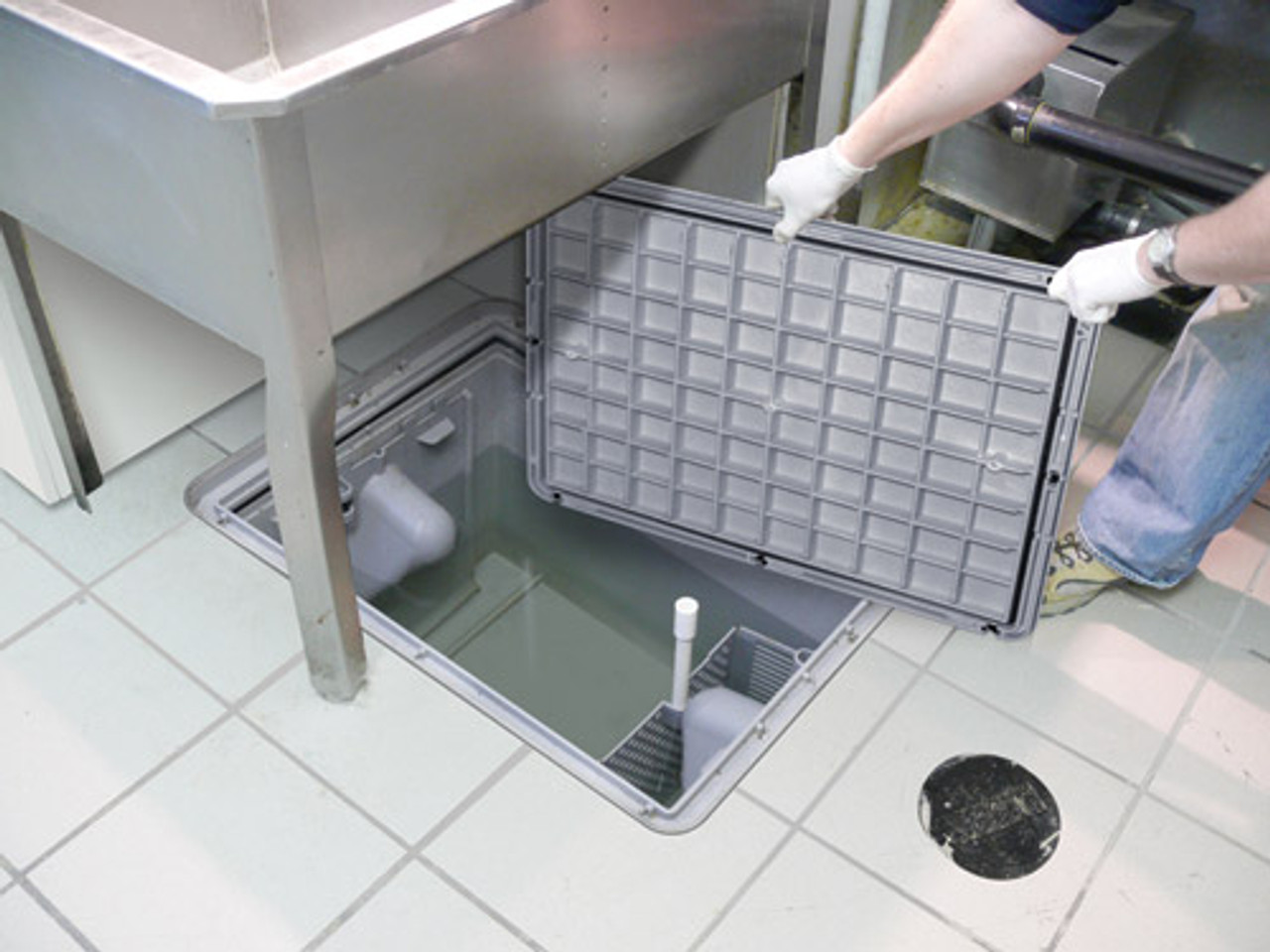 When it comes to selecting a
kitchen sink grease interceptor
, there are a few factors to consider. The size of the grease interceptor should be based on the size of your household and the amount of cooking that is done in your kitchen. In general, larger households and commercial kitchens will require a larger grease interceptor to effectively trap FOG.
It is also important to choose a high-quality grease interceptor from a reputable manufacturer. This ensures that it will function properly and last for a long time, saving you from frequent repairs or replacements.
In conclusion, a kitchen sink grease interceptor is an essential component in house design. It not only helps to prevent clogs and expensive repairs, but also promotes a cleaner and healthier environment. When selecting a grease interceptor, be sure to consider the size and quality to ensure optimal performance. With a properly installed and maintained grease interceptor, you can enjoy a functional and hygienic kitchen for years to come.
When it comes to selecting a
kitchen sink grease interceptor
, there are a few factors to consider. The size of the grease interceptor should be based on the size of your household and the amount of cooking that is done in your kitchen. In general, larger households and commercial kitchens will require a larger grease interceptor to effectively trap FOG.
It is also important to choose a high-quality grease interceptor from a reputable manufacturer. This ensures that it will function properly and last for a long time, saving you from frequent repairs or replacements.
In conclusion, a kitchen sink grease interceptor is an essential component in house design. It not only helps to prevent clogs and expensive repairs, but also promotes a cleaner and healthier environment. When selecting a grease interceptor, be sure to consider the size and quality to ensure optimal performance. With a properly installed and maintained grease interceptor, you can enjoy a functional and hygienic kitchen for years to come.

